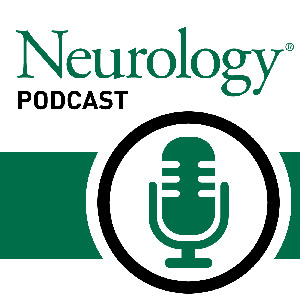With advances in oncology, patients are living longer than ever following a diagnosis of cancer. Newer treatments have dramatically improved survival. However, we’re also seeing an increasing number of cancer survivors who are at risk for cardiovascular complications; at times during treatment, and sometimes years later. Complications such as heart failure, cardiac arrhythmias, hypertension, and accelerated coronary disease are not uncommonly seen in our primary care practice. As primary care clinicians, what do we need to know? I’m joined today by Dr. Balaji Tamarappoo, M.D., Ph.D., a cardiologist with expertise in cardio-oncology. We’ll discuss which cancer therapies pose the highest cardiac risks, what baseline and surveillance testing is recommended, if the risk of cardiotoxicity be decreased, and how primary care can partner effectively with oncology and cardiology to protect our patients’ hearts while they battle their malignancy. The topic for today’s podcast is “Cardiotoxicity of Cancer Therapies.”










































